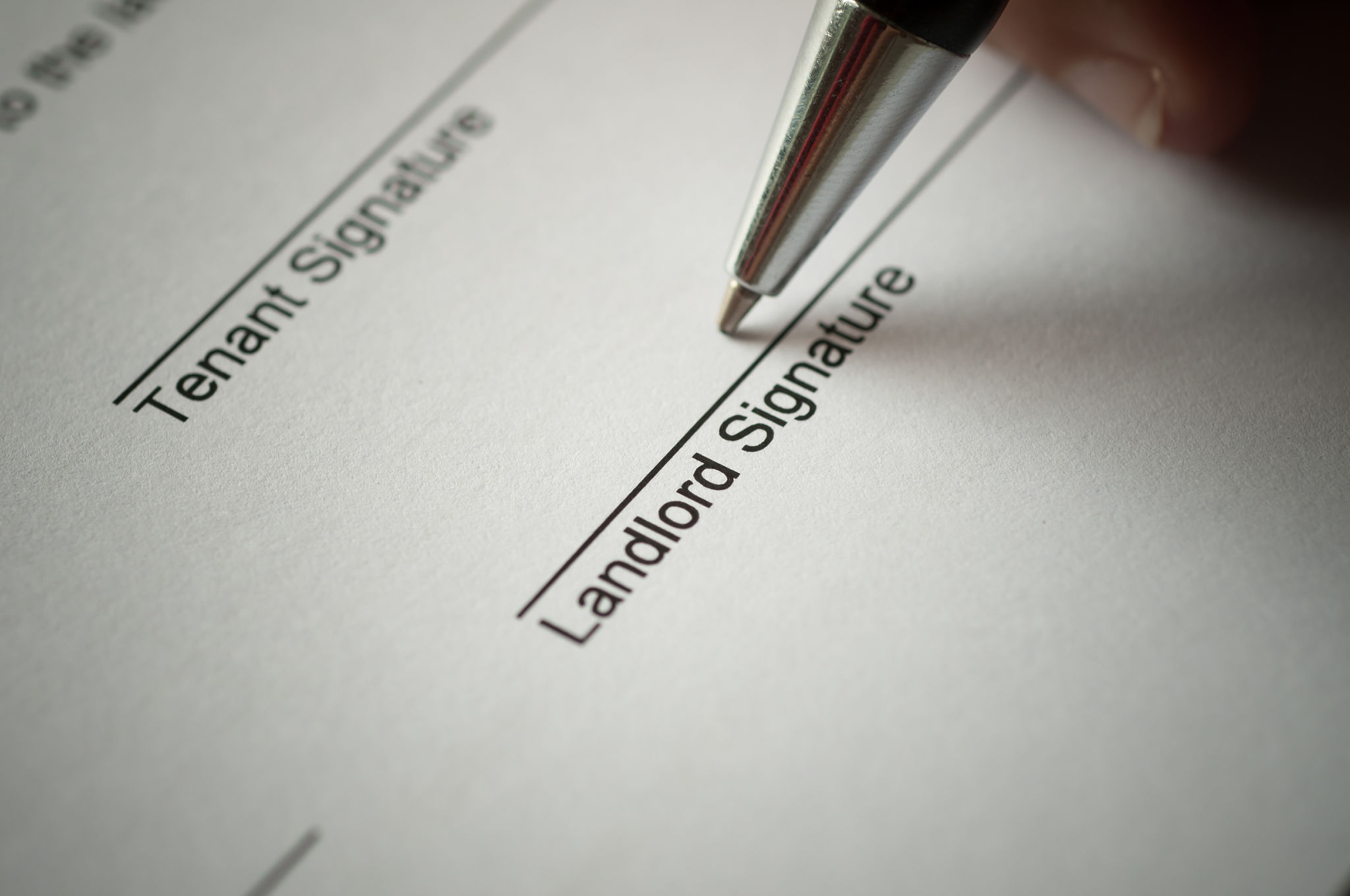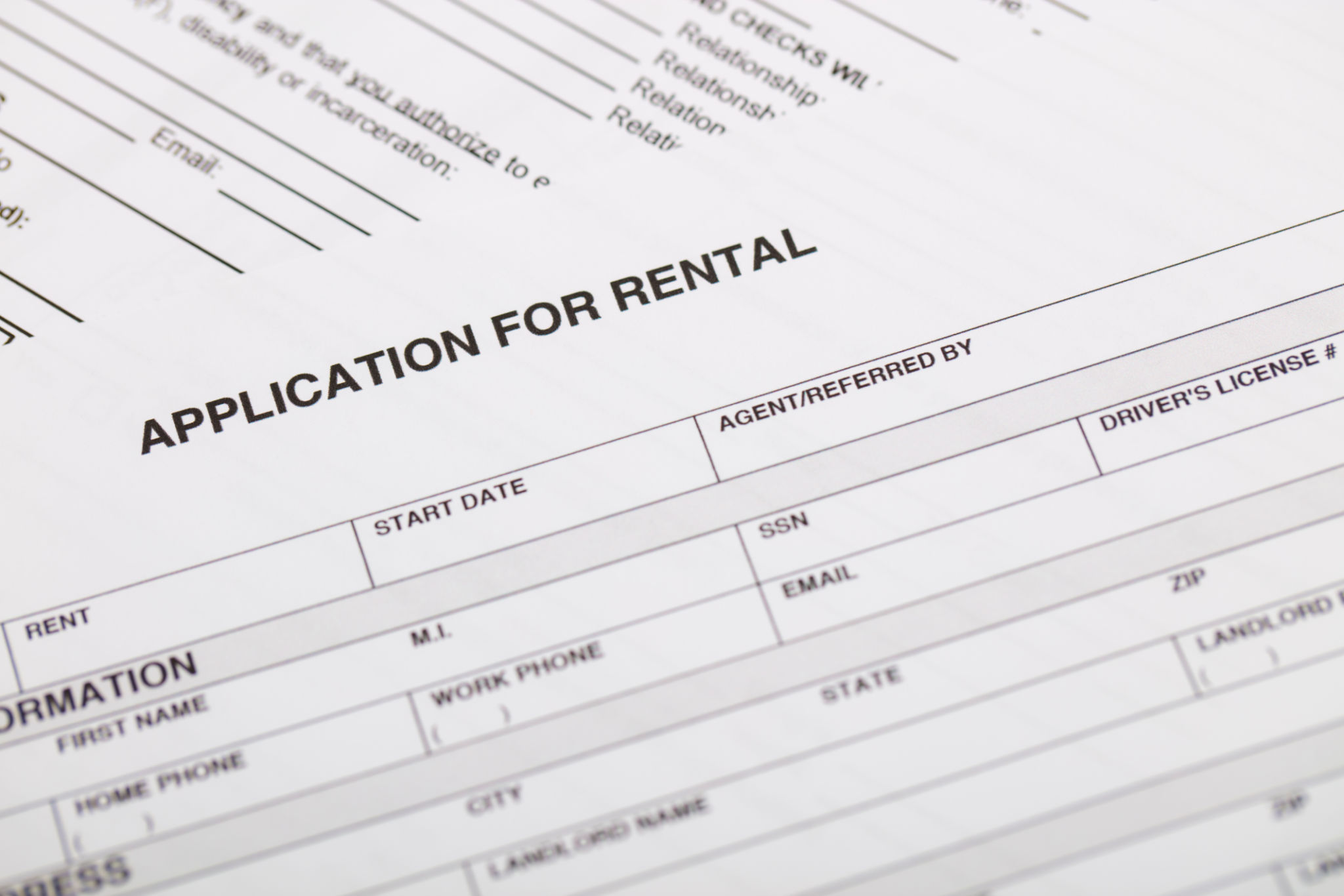Navigating Rental Property Management: Tips for New Landlords
Understanding the Basics of Rental Property Management
Becoming a landlord for the first time can be both exciting and daunting. Navigating the rental property management landscape requires a good understanding of the basics. As a new landlord, it's crucial to familiarize yourself with local rental laws, tenant rights, and property maintenance responsibilities. This foundational knowledge will help you manage your property effectively while avoiding potential legal pitfalls.

Start by researching the local housing regulations in your area. Each city or state may have specific requirements that landlords must comply with, such as security deposit limits, lease agreements, and eviction procedures. Keeping up with these rules will ensure that you provide a lawful and fair rental experience for your tenants.
Setting Competitive Rental Rates
One of the key aspects of managing a rental property is determining the right rental price. Setting a competitive rate not only attracts potential tenants but also ensures you maximize your investment returns. Begin by researching similar properties in your area to understand the going rates. Consider factors such as location, amenities, and property condition when setting your price.
It's also important to factor in annual expenses such as property taxes, insurance, and maintenance costs when calculating rent. Regularly reviewing and adjusting rates based on market trends will keep your property competitive and profitable.

Finding and Screening Tenants
Finding reliable tenants is crucial for maintaining a steady rental income. Begin by crafting a clear and detailed rental listing that highlights the property's features and any specific tenant requirements. Utilize online platforms and local community boards to reach a wider audience.
Once you start receiving applications, the screening process becomes vital. Conduct thorough background checks, verify employment, and check references to ensure potential tenants have a history of responsible renting. A solid screening process helps reduce the risk of late payments or property damage.

Maintaining Open Communication
Effective communication can make or break your relationship with tenants. Establish clear lines of communication from the start, outlining how tenants should report issues or ask questions. Being approachable and responsive encourages tenants to communicate problems early, allowing for timely solutions.
Regularly checking in with tenants can help you address concerns before they escalate into bigger issues. This proactive approach not only enhances tenant satisfaction but also contributes to longer lease agreements and reduced turnover rates.
Managing Property Maintenance
Proper maintenance is essential for preserving your property's value and keeping tenants satisfied. Create a schedule for routine inspections to identify issues before they become costly repairs. Addressing maintenance requests promptly is key to maintaining a positive landlord-tenant relationship.
Consider setting aside a portion of rental income for unexpected repairs or upgrades. This financial buffer ensures that you can handle emergencies without disrupting your cash flow.

Understanding Financial Management
Sound financial management is crucial for successful rental property ownership. Keep detailed records of all income and expenses related to the property. This will not only help you track profitability but also simplify tax preparation.
Consider using property management software to streamline financial tracking and reporting. These tools can help automate tasks such as rent collection, expense tracking, and lease management, saving you time and reducing errors.
Building a Professional Network
As a landlord, having a network of trusted professionals can be incredibly valuable. Build relationships with local contractors, plumbers, electricians, and real estate agents who can assist with property-related needs. Having reliable contacts will make it easier to handle maintenance and repairs efficiently.

Consider joining landlord associations or online forums where you can connect with other property owners. These platforms provide opportunities to share experiences, gain insights, and stay updated on industry trends.
By following these tips, new landlords can confidently navigate the complexities of rental property management, ensuring a positive experience for both themselves and their tenants.